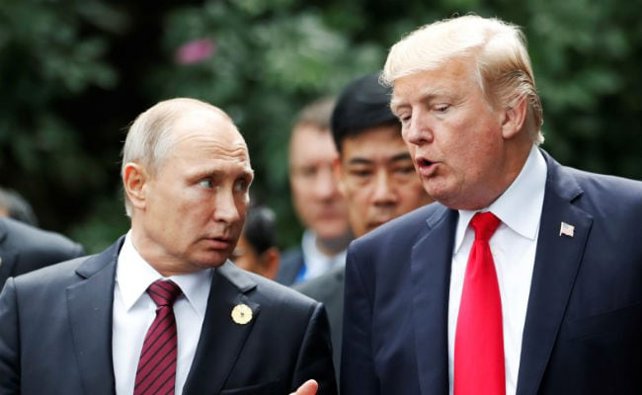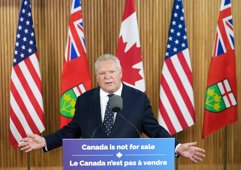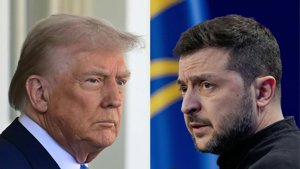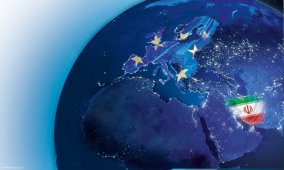
Trump Considers Oil Sanctions on Russia
United States President Donald Trump said on Monday that while he hopes to avoid imposing secondary sanctions on Russian oil exports, such measures remain an option if Russian President Vladimir Putin does not meet his commitments. Trump’s remarks reflect a cautious but firm stance on holding Moscow accountable without immediately escalating economic pressure.
“I don't wanna go secondary tariffs on his oil,” Trump stated, indicating a preference for diplomatic engagement over punitive action. However, he made it clear that sanctions would be considered if Putin’s actions fall short of expectations. Trump added that he believes the Russian president will follow through on the commitments made between the two nations.
The comments come at a critical time as the international community closely monitors energy markets and geopolitical dynamics involving major oil producers. Trump’s administration has emphasized energy independence and fair practices in global oil trade, particularly with nations that play a significant role in pricing and supply stability.
In referencing his past decisions, Trump pointed to Venezuela as an example of a situation where he previously imposed secondary sanctions on oil when he felt it was necessary. This comparison signals that the United States is willing to use economic tools if cooperation fails but prefers resolution through negotiation and compliance.
“I’ve done it before when it was the right move,” Trump said, reinforcing the precedent for such measures. His statement underscores that while the U.S. is not eager to restrict energy flows, it will defend strategic and diplomatic expectations when needed.
The issue of Russian oil exports remains a central concern for both U.S. and European markets, which have dealt with volatility stemming from sanctions and shifting alliances. Trump’s comments may influence ongoing dialogues regarding global supply chains and bilateral energy agreements.
While no immediate action was announced, Trump’s comments serve as a warning and a signal of conditional pressure. As the situation evolves, further developments may hinge on whether Russia fulfills its promises and maintains a stable role in global energy dynamics.






